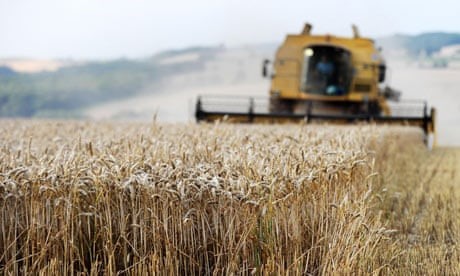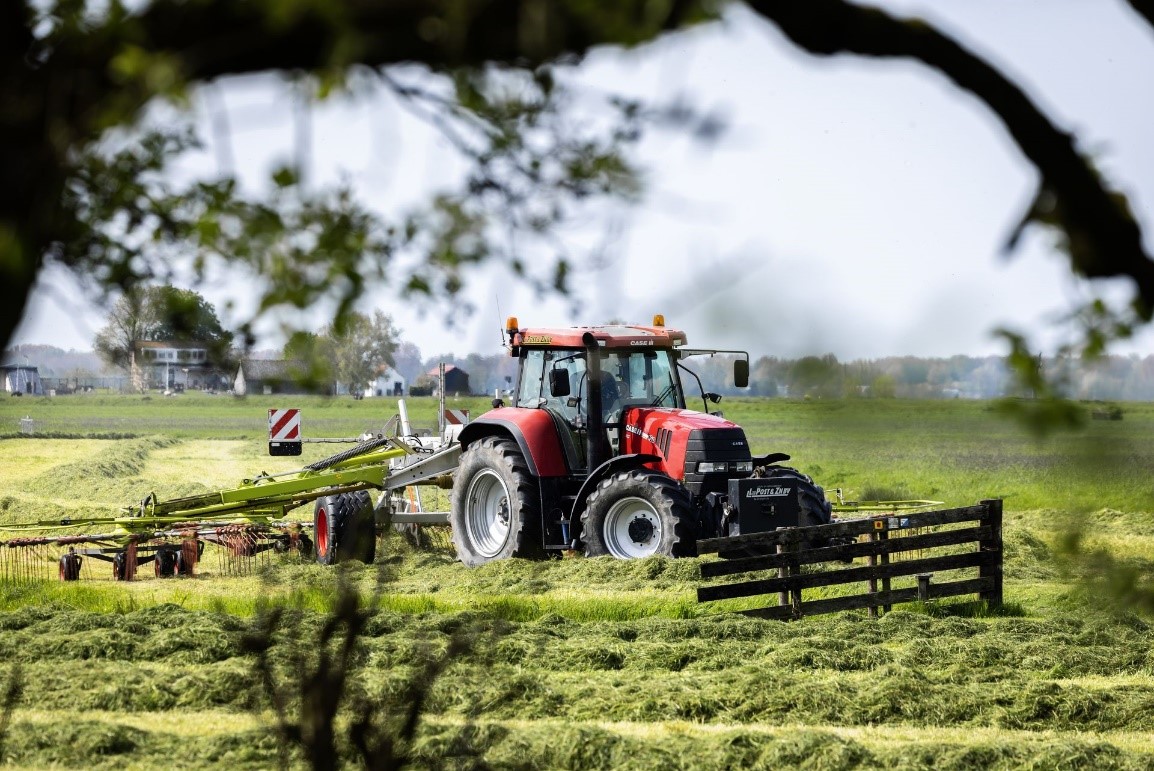By Vera Rodriguez,
The Common Agricultural Policy (CAP) is a central component of the European Union’s food policy. Established after World War II, its initial aim was to prevent hunger in Europe. French politicians proposed a straightforward solution: subsidies to farmers to cultivate more land and produce food on a larger scale. The CAP accounted for over half of the EU’s shared budget for a long time. Today, nearly this bill allocates 60 billion euros annually, amounting to one-third of the Union’s budget.
While the idea sounds promising —encouraging local farming in Europe— the reality often diverges significantly from the idealistic vision of eliminating hunger on the continent. Many critics argue that the CAP contradicts various other values endorsed by the EU. The policy has faced criticism for promoting unethical rules, such as creating inequality by favoring wealthier companies, withstanding sustainability standards, and raising concerns about animal welfare.
Although agriculture is a small sector, it sustains many countries inside the EU. An estimated 17 million people work in the industry, with Romania and Poland being the largest employers. However, the CAP is far from financing them equally; 80% of the money gathered for the budget only subsidizes 20% of the largest farmers. These statistics present significant concerns about the bill, and acquiring the data is challenging. Therefore, there is much to be done about transparency and redistribution.

The subsequent considerable controversy about the bill is its minimal environmental regulation. In 2005, agriculture handled around eleven percent of greenhouse gas emissions in the European Union. Fifteen years later, in 2020, the reduction by the agricultural sector is almost unchanged. Furthermore, critics have highlighted the need to update land use and biodiversity regulations. Behind this general lack of progress in sustainability, there is a lot of involvement from different MEPs, countries, and other actors, such as the Committee of Professional Agricultural Organizations (COPA). This lobby is an association of farmers that is thought to heavily influence the process of making legislation. Unfortunately, they have an extensive history of freezing climate regulations in farming. COPA has succeeded in postponing biodiversity commitments, delaying stricter rules on the use of pesticides, and heavily opposing the Nature Restoration Act. Not only are their goals questionable, but their methods are often intrusive, too. COPA has allegedly intruded on official Commission meetings and threatened Commissioners.
Lastly, animal conditions keep worsening under the CAP. The situation is, not only a rights issue, but also a health issue. As animals become commodities under the current system, their welfare is forgotten or considered a liability. Although intensive farming is not exclusively a CAP problem, the bill supports it. Moreover, this generates a continuous risk of new pandemics. Researchers have reiterated the need to reconsider the system from the ground up to mitigate the risk. Intensifying farm animal production, sustainability, and animal welfare issues might not be compatible, and the sooner we realize it, the better.
The CAP handles 99% percent of the EU’s citizen’s sustenance and continues to be an excellent idea to provide the most fundamental good food while staying self-sufficient from other geopolitical actors. Additionally, the Union has the strictest regulations to ensure this food is of the best quality. Considering the above, this raises questions about the implications for other countries’ rules around food. Yet, it is evident that the European Union places significant importance on food production. Therefore, conserving a system that privileges wealthy farmers over the poor, makes exceptions on sustainability, and looks over animal welfare, cannot be the best we can get.
References
- The powerful European farmers’ lobby claims to speak for all farmers, but there is mainly dissatisfaction among its supporters. nrc. Available here
- ‘The Common Agricultural Policy is an aberration with regard to the climate and environmental impact of agriculture’. Le Monde. Available here
- Progress and prospects for decarbonisation in the agriculture sector and beyond. European Environment Agency. Available here
- Intensive farming could raise risk of new pandemics. University of Exeter. Available here




